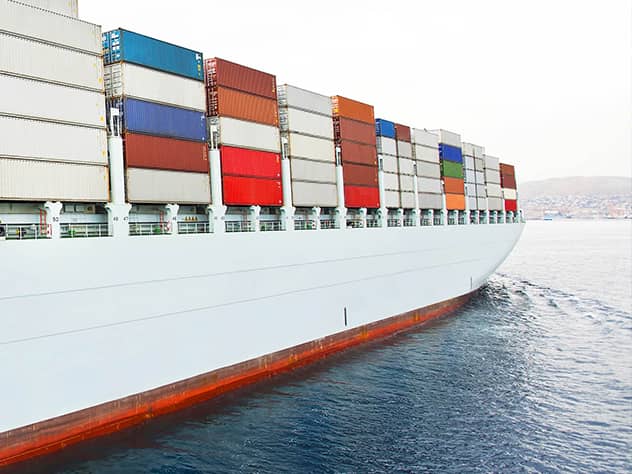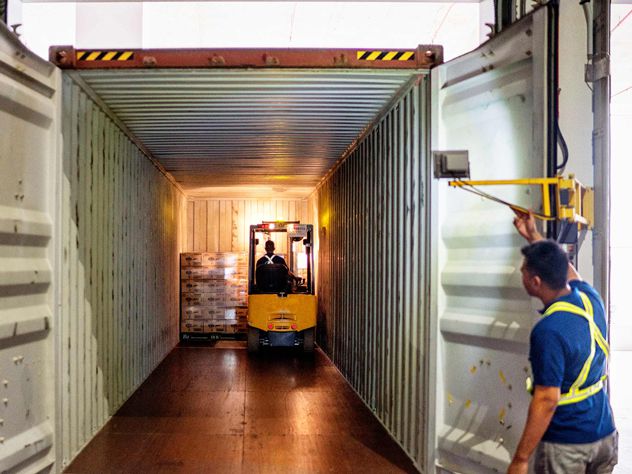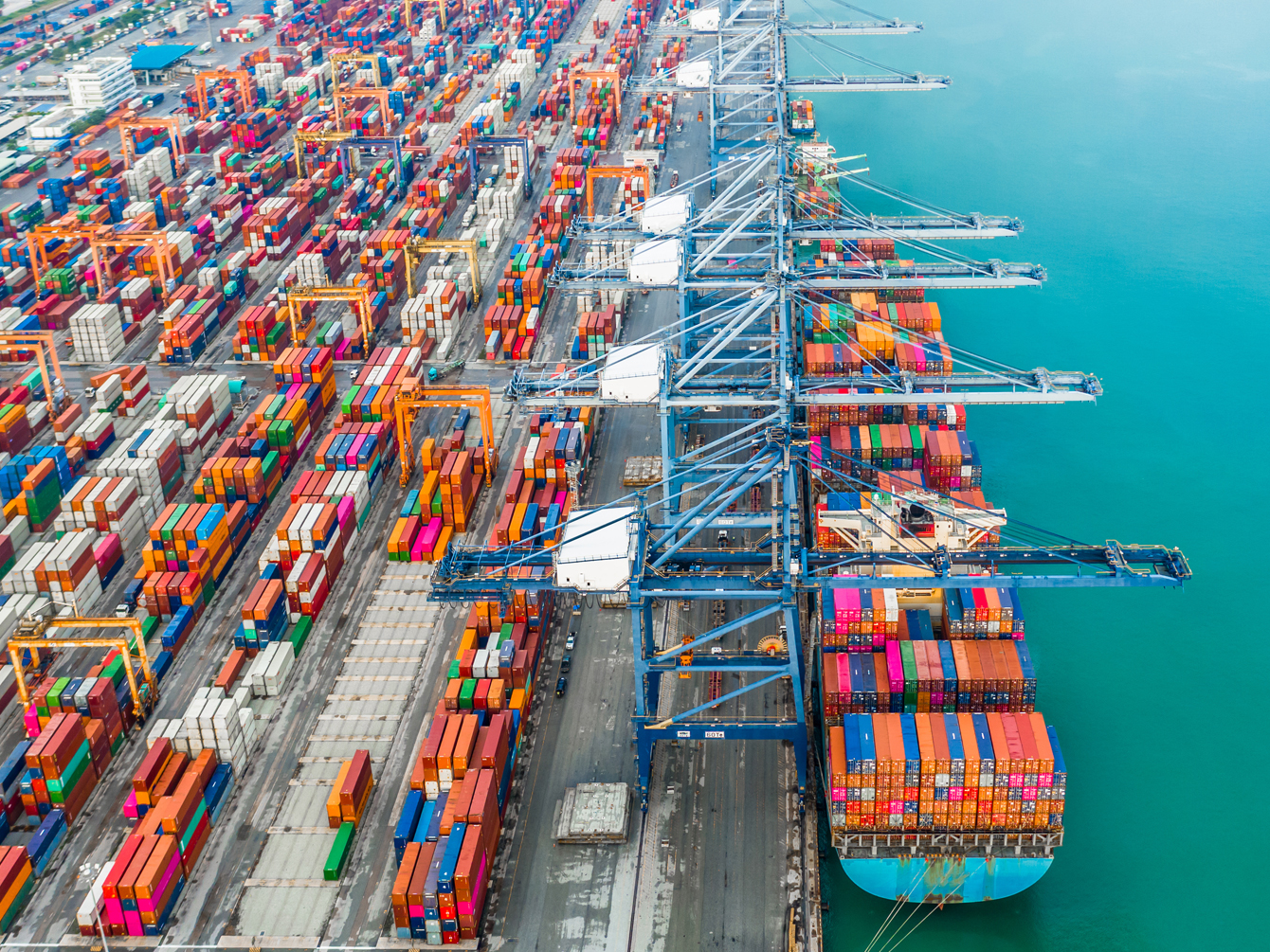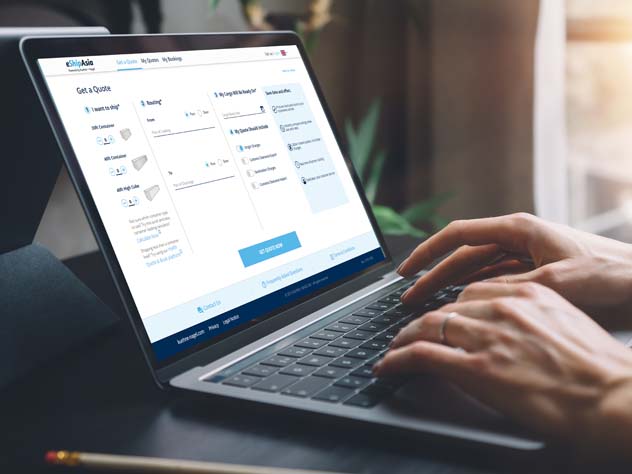Early in 2020, lockdown first started in China, then in Europe, the US, and then in almost all countries. Travel and transportation restrictions came into effect. Sales dropped drastically, and so did global trade. In June, global cargo volumes began to sharply increase; firstly between Asia-USA, followed by Asia-South America and Asia-Oceania. In response, carriers quickly reinstated capacity in some trades, supporting the large increase in demand. However, as more trade lanes started to recover, the situation became difficult to handle.
What are the reasons for the container shortage?
The main causes are:
- Cause 1: Reduced number of available containers - The unprecedented reduction of the world trade in the initial two months of the pandemic disrupted containers' normal flow. The scarcity of containers in the right locations during the recovery phase had a tremendous effect on rates, which caused increases of thousands of dollars within a short timeframe.
- Cause 2: Congested ports - Many ports were affected by reduced workforce both within the terminals and in supportive functions such as truck drivers. This has caused heavy vessel delays, missed sailings and limitations on volumes that could be loaded.
- Cause 3: Reduced number of operational vessels - When the world trade slowed down, some vessels went for refurbishment. With fewer vessels in the market, some vessels even had their voyages interrupted due to on-board COVID-19 cases.
- Cause 4: A changed flow of goods - Changes in people’s buying behaviour and the unpredictable development of COVID-19 are causing many irregularities in global trades. This significantly increases the cost burdens of carriers.
Learn more about it in the video.
Your solution to the current container shortage: What can you do about it?
- Use Premium Products
In order to provide a more stable level of service, some carriers have implemented premium products, which offer certain advantages, such as priority for equipment availability and space availability. Whilst these services come at a higher price, they are particularly suited for important and more time sensitive shipments. If timely delivery is essential, consider using premium products, which Kuehne+Nagel can arrange for you. Whilst this may not guarantee something, it will definitely increase chances of securing equipment when it is needed.
- Optimise your bookings
Having a lean booking process will help you and the related parties reduce the workload during these times. A lean process allows experts to dedicate more time to your shipments. This can be made possible by booking your shipments at least four weeks before departure; by minimising cancellations or no-shows; by fully utilising Kuehne+Nagel’s digital platforms throughout the process; and by advising changes as early as possible.
- Focus on your forecasts
Having robust forecasts and plans is helpful, especially in such volatile situations. Find sources for reliable forecasts for significant events, develop alternative routes, and the types of containers to use. Try to be as flexible as possible to increase your options. Check the latest schedules, events and routing options using Kuehne+Nagel’s seaexplorer portal.
- Make use of the Kuehne+Nagel network and expertise
The Kuehne+Nagel network would have the right solutions to diversify your portfolio and reduce risk. By utilising our products such as myKN, KN Pledge, Sea-Air, and many more, we are ready to provide you with the right choices.
Kuehne+Nagel’s experts are ready to consult you on the challenges you are facing. You can leave us a message. Our experts will be in touch with you shortly.






